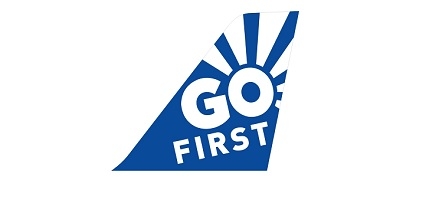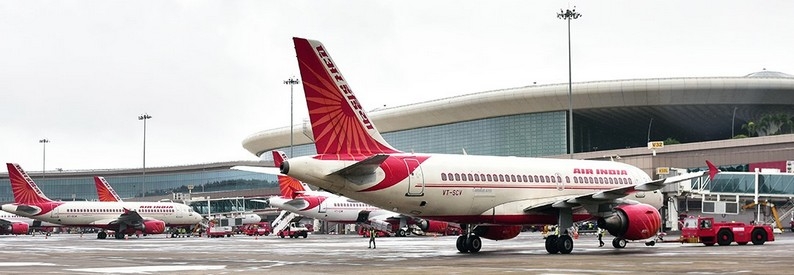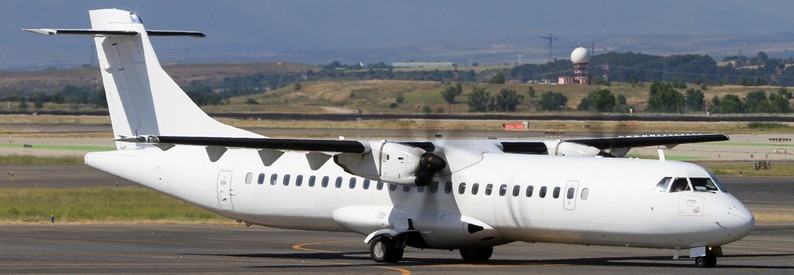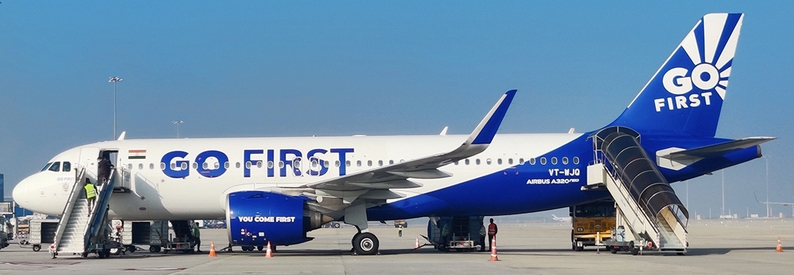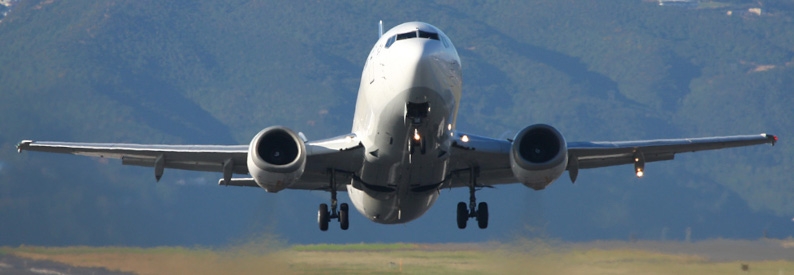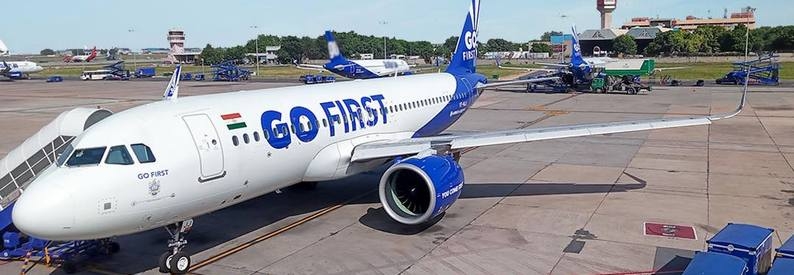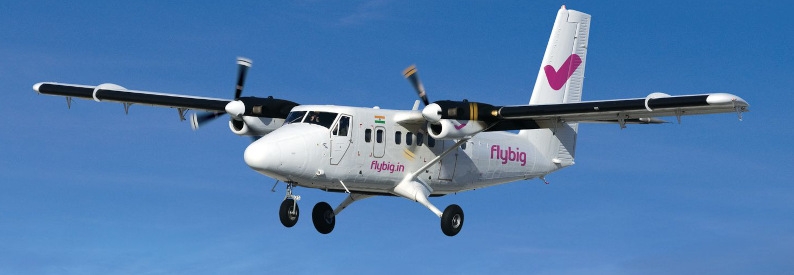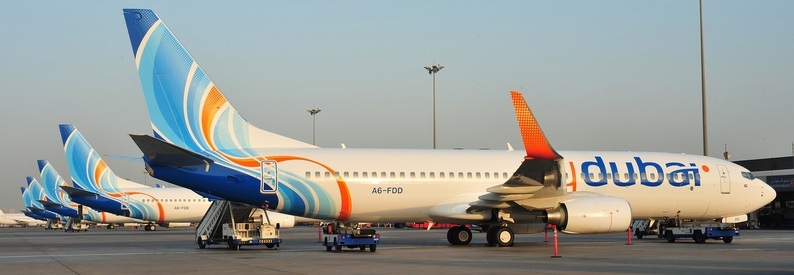Go First (Mumbai International) is considering legal action against American aerospace conglomerate Raytheon Technologies, parent of engine manufacturer Pratt & Whitney, for not providing compensation for dozens of A320neo aircraft grounded due to engine supply delays, sources have told The Economic Times.
The low-cost carrier has been struggling for years with reduced service reliability of the PW1100G-JM geared turbofan (GTF) engines, resulting in almost half of its fleet being inactive. Go First has sought compensation for lost business, but the engine maker has so far refused to pay, violating a maintenance and repair contract between them, the unnamed insiders said.
The Wadia Group-owned airline now fears it could be left behind amid a frantic acceleration of air travel in India as the summer season approaches.
The airline became one of the initial operators of this model of engine when it took delivery of its first A320-200N in 2016. It now has a fleet of 56 of the aircraft type, but only 25 of them are currently active, the ch-aviation Commercial Aviation Aircraft Data module shows, and it has 88 more on order from Airbus. It also operates five A320-200s.
As ch-aviation reported at the time, in early 2017 India’s Directorate General of Civil Aviation (DGCA) began investigating incidents involving the Pratt & Whitney engines in the A320neo fleets of both Go First, which was then known as GoAir, and IndiGo Airlines.
The affected aircraft were supplied with replacement powerplants, and P&W has produced a number of redesigns and updates of the engine since 2018, but problems persist and airlines have criticised the slow pace of repairs. India’s climate and polluted air have reportedly compounded the issues.
Raytheon has admitted to inadequate staffing, which it said should ease this year along with the supply-chain glut. But its chief executive commented in February that it could take five years for the reliability of the GTF to match that of the V2500 engine that powers the A320ceo family of jets.
The source at Go First told The Economic Times that “PW engines started facing issues six to eight months after the first delivery,” adding that over the last two years all engines had to be removed from the wing before 7,000 hours on average, significantly lower than the projected life of 12,000 hours. Some aircraft have been parked for seven months.
Pratt & Whitney has compensated other airlines, including IndiGo, for engine repairs and, in some cases, lost revenue. It is not clear why it has not done so for Go First.
Go First and Pratt & Whitney did not immediately respond to requests for comment from ch-aviation.
